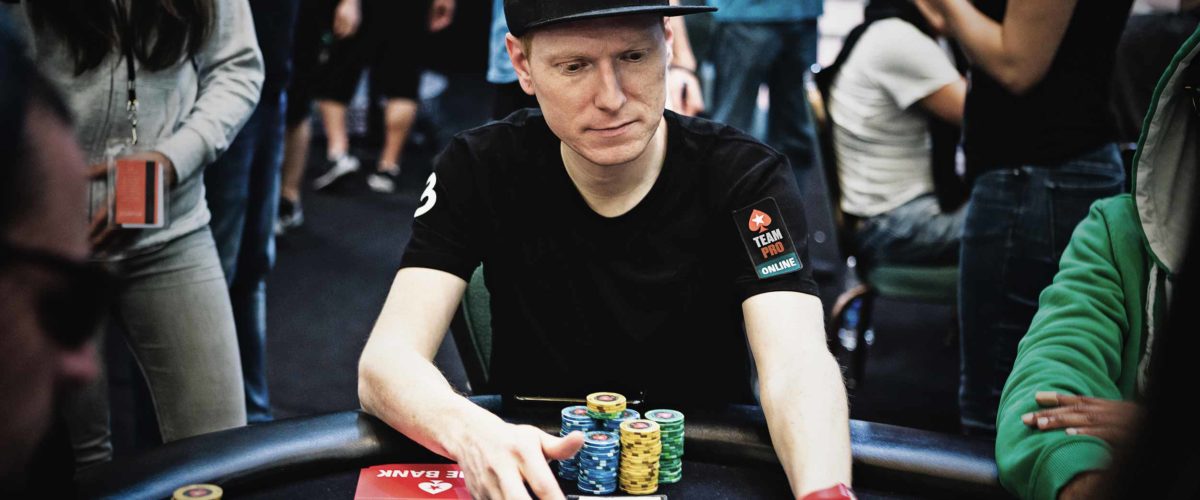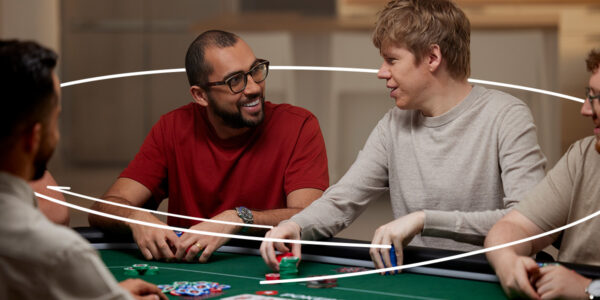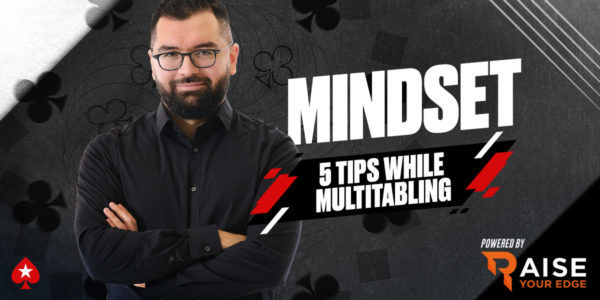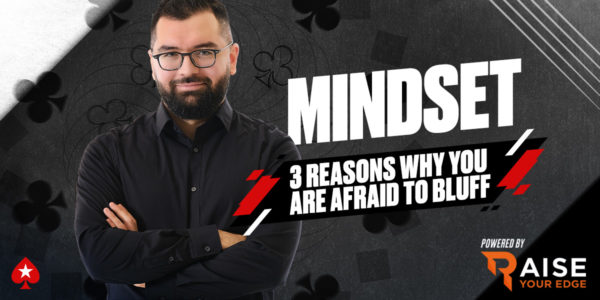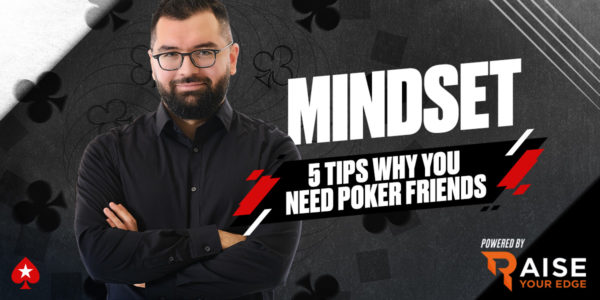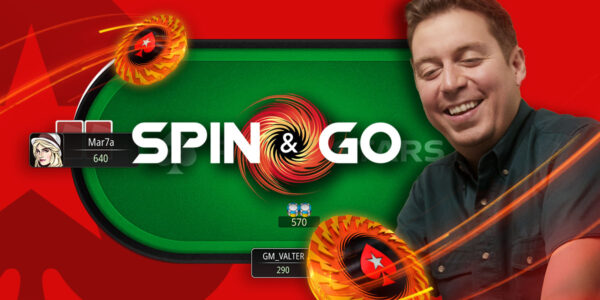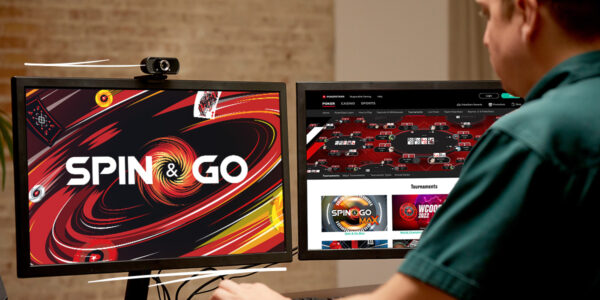Think Before You Speak
I’m a father of five kids. As parents will attest, one of the virtues of life we hope to impart to our children is the idea of thinking before you speak. How will what you’re saying be interpreted or understood by those listening to you? What message are you trying to convey? Having some cognitive idea about both what you’re trying to say, and how the words you choose will be interpreted by those around you can help improve your social outcomes considerably.
The concept of thinking before you speak translates to the poker world as well. Particularly in your decisions, and specifically betting decisions… the betting actions we choose say something to our opponents. For example, take a player who we know through experience (reads), bets big with their vulnerable but made hands, bets their monster hands small or slow plays them just calling, calls with their draws, and just gives up their misses. Wouldn’t you find it easy to play against this player? Their betting choices will essentially tell you the strength of their hand. And yet, not unsurprisingly, many newer and lessor experienced players fall into these precise sort of betting traps, telegraphing their holding to more experienced players in a way that makes them readable and allows their more savvy opponents to narrow their range of hands considerably when contesting pots with them.
How can you combat this phenomenon? There are a couple things you can and should do.


Work on your ranging skills
First and foremost is to work early and often on your ranging skills. If you play live, pay attention after you’ve folded. When a hand is going down, practice guessing what the range of hands the aggressor might hold, as well as the caller(s). If hands get shown, were you right? Were the hands they showed consistent with their betting patterns and in their ranges you believed they held? If not, play back the action in your mind and ask if their holding makes sense in retrospect… if it does, then you can adjust your range assessment accordingly. Over time, your ability to range opponents will strengthen, as well as your ability to understand what YOUR range looks like to your opponents based on the actions YOU take in a hand.
Be less predictable in the lines you choose
As people catch on they need to be less predictable, they often start to do so in random, silly ways. They’ll raise from EP with T7o, hit a freak hand and end up showing it down, and their excuse for this bad play will be something silly like they were just “mixing it up” so no one can put them on a hand. Good concept, but very poorly executed. A better way to be less predictable is to try and balance your ranges. For instance rather than opening random junk from under the gun, have an opening range of hands that includes some good but more speculative holdings like 98s (from UTG, wider the later your position). This type of hand has better playability post flop than T7o does, as it will make more straight draws and also includes flush draw potential. How about post flop? The range of hands you’ve come in with preflop will undoubtedly include hands that have hit the flop to some medium strength degree, perhaps a few monsters like sets, some draws, and some air (complete misses). The key to being harder to read is to have some measure of balance in what hands from your range you choose to bet vs. check. Ideally, you’d like to include some draws in your betting range and some in your checking range. Some made hands in both, and while typically you’d like to bet your monsters for value, where balance is important (like against strong players who range opponents well), you can also mix a few combos of monsters into your checking range to protect the weaker holdings you check with, so players can’t just take your check as a license to blast you out of the pot with bets.
When proceeding in this fashion, it’s almost like you’re speaking in a cryptic code. Your opponents see what you’re saying but can’t really determine what it means. When the flush draw hits on the turn, you could have made a flush, whether or not you were the aggressor or caller on the prior street. It makes you less predictable and much harder to “read”.
In my next article we’re going to work through a basic example of this in practice, providing you a road map to how you can start to balance your ranges as well. Until then, when you’re considering taking an action, think about what that action might be saying to your opponent, how they might interpret what you’re saying. By thinking before you speak, you will be better positioned to tell the opponent what you want them to know, rather than what’s actually happening in the hand.


